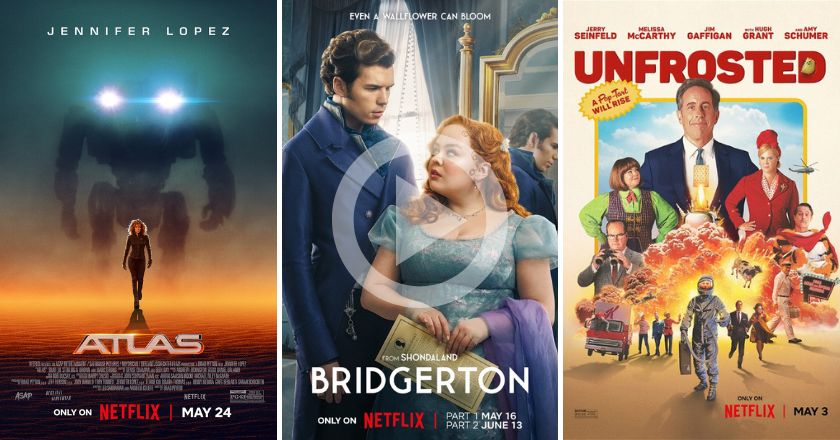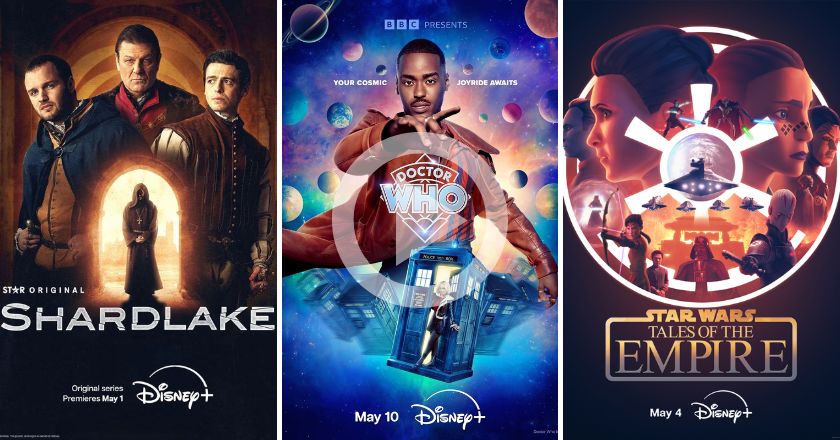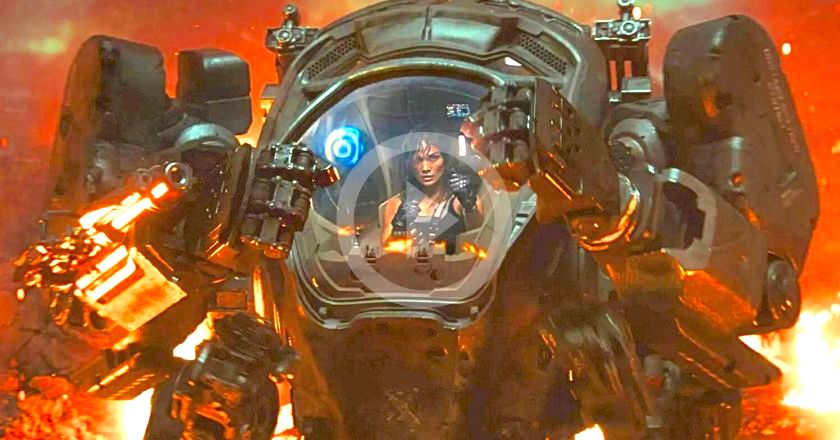
A Christopher Nolan film is a rarity in cinema these days; an event film – one due more to the director than a crowd-pleasing concept, established IP, or star power. The buzz surrounding Tenet, the filmmaker’s eleventh feature as director, began as soon as it was announced. And now the film’s pandemic-caused release delays and subsequent staggered rollout through international markets (many of which will see it be the first major studio film acting as a potential theatrical-release saviour), has driven the buzz up to deafening levels.
So, the expectations and pressure are well and truly on from all angles. Where the film ends up on the box office spectrum remains to be seen (the pricey Warner Bros. production reportedly cost upwards of $US200 million); on the opinion side of things, this writer – a big Nolan fan – suspects Tenet may be looked at as one of the director’s more polarising films.
The plot surrounds John David Washington (BlacKkKlansman), credited as The Protagonist, a CIA badass who finds himself caught up in a save-the-world mission that involves objects that have had their entropy reversed – objects reversing in time. That’s it for a plot description, as Tenet is about you deciphering it… or at least attempting to. Filling out the leads are Robert Pattinson, Elizabeth Debicki and Kenneth Branagh.

Tenet is Nolan going full-on Nolan, gleefully unravelling a script packed with information and ideas, and daring you to keep up amidst pitch-perfect cinematic technique and sensory overload. To put it simply: Tenet is a puzzle of a film, sprinkling blockbuster-style action sequences between heady sci-fi concepts – many of which may be familiar to those that love their time travel-style narratives, although many of which have rarely, if ever, been explored like this.
Those after high-concept action (such as the dream-within-dream combat sequences from Nolan’s Inception) will have a good amount to enjoy. There are some truly fantastic sequences (the highway scene is a doozy) that become conceptually more complex as the film progresses. The final act, especially, will have your brain working in overdrive as you attempt to put much of what you’re watching/been watching together in cohesive form.
The film is most certainly one made to experience on the big screen, the gorgeous cinematography (Interstellar and Dunkirk D.O.P. Hoyte Van Hoytema) and a bass-heavy sound design used to engulf sight and sound in every moment. Composer Ludwig Göransson (Creed, Black Panther) takes a big dose of Hans Zimmer’s BLAAAM-lovin’ Inception work as influence for a thundering score – one simultaneously impressive and exhausting. The film’s overall aural design is grand, but does overpower the dialogue during many moments, leaving you frustrated if you failed to understand a bit of dialogue that you just know was pivotal.

Unfortunately, the characters and the emotional throughline, which Nolan used very well in Inception and Interstellar as the way to make intricate concepts both dramatic and conceptually understandable, here leave much to be desired. While the performances are solid across the board, Washington’s The Protagonist is quite a simple pawn piece; getting us from A to B (or is that B to A… or C?), but without much in the way of emotional reaction. Importantly, we aren’t given much to lean on as to how/why he becomes so intertwined with Debicki’s Kat, a relationship that the narrative draws on substantially. Debicki is quite good in the film’s most emotive role, although it’s quite the déjà vu part for those that saw her turn in BBC mini-series The Night Manager.
There’s no problem refusing to spoon feed, particularly with ultra-layered sci-fi such as this, but when the sound design occasionally has you wishing for subtitles and the character-driven side of the plot keeps you at arm’s length from full investment, it becomes that extra bit more taxing attempting and wanting to keep up with every turn.
There’s no denying the artistry and almost-bullish bravado of it all. Imposing, ambitious cinema? Most certainly. Enjoyable? Perhaps not to the extent this viewer was hoping for and expecting. Still, Tenet is the type of film that demands multiple viewings to begin truly appreciating all the squares in Nolan’s intricate Rubik’s Cube – and in turn begin enjoying them come together. I may take some time between drinks, but I’ll most definitely be revisiting that timeline again to decipher it further.

__________________________









